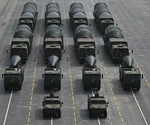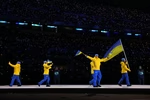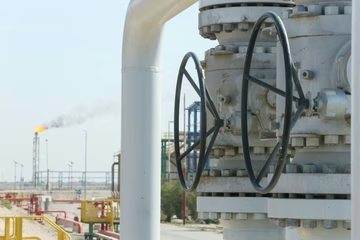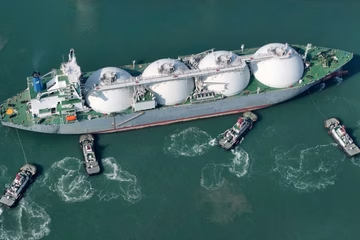Analyst: Macedonia could become the new Republika Srpska
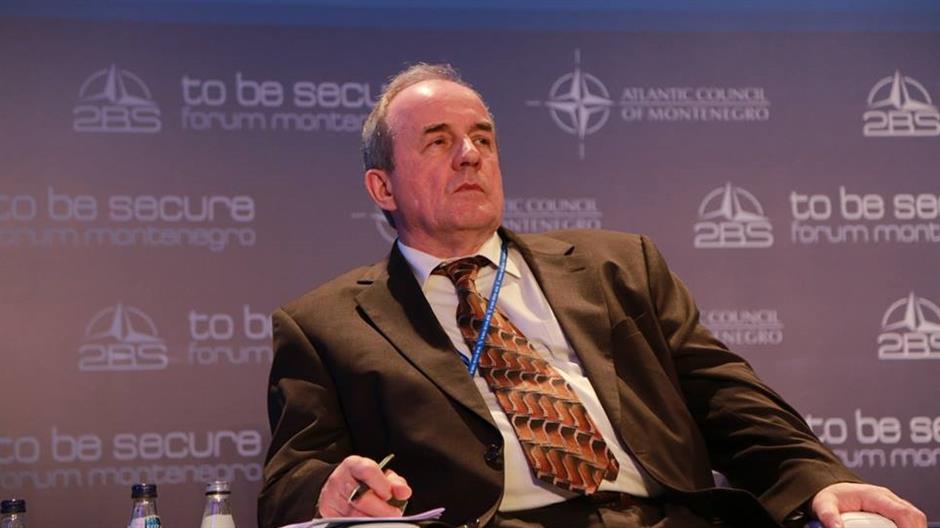
Skopje is the new Russian stronghold on the Balkans, and the Kremlin counts on Macedonia to become the new Republika Srpska entity, American analyst Janusz Bugajski.
Oglas
"If Macedonia’s path to Western institutions is blocked, national tensions will rise in the entire region. The Kremlin will invest additional energy to threaten the fragile democratic achievements in the Western Balkans making the EU and NATO even more unattainable," the analyst said.
Speaking to Montenegrin “Pobjeda” daily, Bugajski said the low turnout brought the Agreement with Greece on Macedonia’s name change into question, as well as the country's EU and NATO accession process.
"If the agreement doesn’t receive the necessary support, the country will be exposed to ethnic radicalisation, regional instability and Moscow’s interference," Bugajski noted. "The only way out for (Macedonia’s Prime Minister Zoran) Zaev would be the early election in November, even though this would also be a risky move considering that nationalists were encouraged by the referendum boycott."
Oglas
He added that Serbia’s President Aleksandar Vucic and the President of Kosovo Hashim Thaci agreed on the border change, but that some Albanian leaders in Kosovo and Macedonia see an opportunity for further homogenisation, and territorial connections.
"Nationalism and separatism will make the country prone to Russian influence. Moscow sees its stronghold in Macedonia in its fight against the EU and NATO. The Kremlin can count on Macedonia turning into another Republika Srpska entity," Bugajski stressed.
Republika Srpska entity is one of Bosnia’s two semi-autonomous entities. After the war in Bosnia, 1992-1995, the Dayton Peace Agreement, which ended the war, arranged Bosnia into two semi-autonomous entities and a district.
The Federation of Bosnia and Herzegovina (FBiH) entity, dominated by Bosniaks and Croats and the Republika Srpska (RS) entity, dominated by Serbs. The District of Brcko which sits in the north of the country is not dominated by any of the said three constituent peoples.
Oglas
The RS came into the limelight of the West after it started developing closer political ties with Russia.
Kakvo je tvoje mišljenje o ovome?
Učestvuj u diskusiji ili pročitaj komentare
Oglas
Kakvo je tvoje mišljenje o ovome?
Učestvuj u diskusiji ili pročitaj komentare
Oglas
NAJČITANIJE
Oglas
Oglas
Najnovije
Oglas
Oglas





 Srbija
Srbija
 Hrvatska
Hrvatska
 Slovenija
Slovenija









